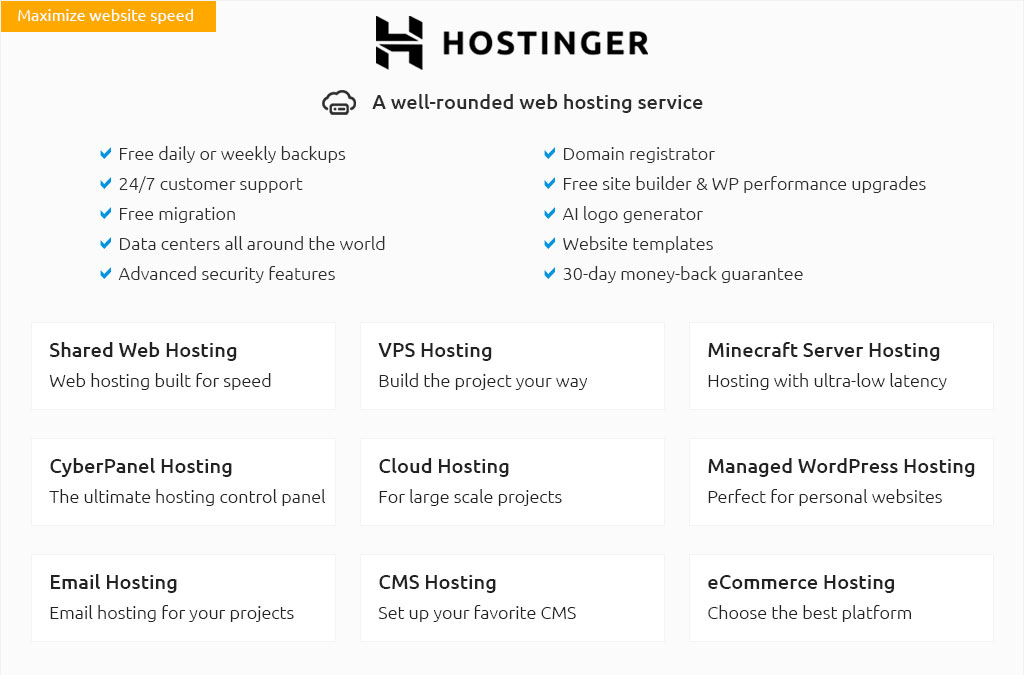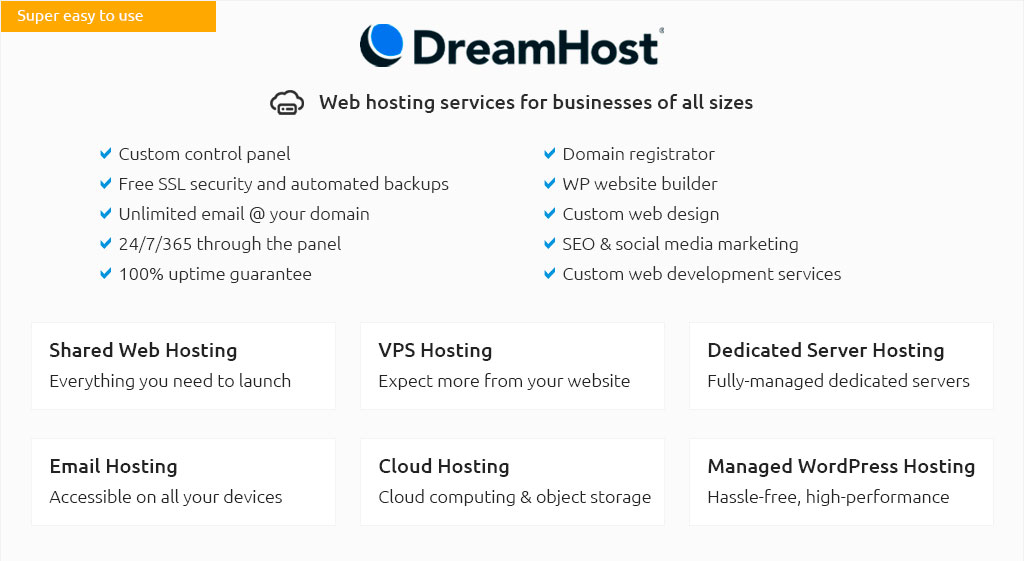 |
|||
 |
 |
 |
|
 |
|
 |
 |
 |
|||
 |
|||
 |
|||
 |
|||
 |
 |
|
Unlock the secrets of the digital realm with our ultimate Web Hostings Review, where we unravel the showdown between Shared Hosting and WordPress Hosting-two titans vying for your website's success; whether you're a start-up looking for a cost-effective, beginner-friendly solution or a seasoned pro seeking optimized, turbocharged performance for your WordPress site, our deep-dive comparison equips you with the insights to make a confident choice, transforming your online presence from ordinary to extraordinary with the right hosting platform that matches your ambition and drives your vision forward.
https://jetpack.com/resources/shared-hosting-vs-managed-wordpress-hosting/
Dive into the nitty-gritty differences between shared hosting and managed WordPress hosting. From performance to security, price, and support, we've got it all ... https://www.reddit.com/r/Blogging/comments/wg8ygz/wordpress_hosting_or_shared_hosting/
Anyone can explain me the difference between shared and wordpress? Usually in other hosting services Wordpress hosting is more expensive. https://www.bluehost.com/blog/shared-hosting-vs-wordpress-hosting/
Shared hosting is a user-friendly, affordable hosting option. The sometimes-costlier WordPress hosting comes with WordPress-specific customization, automation ...
|